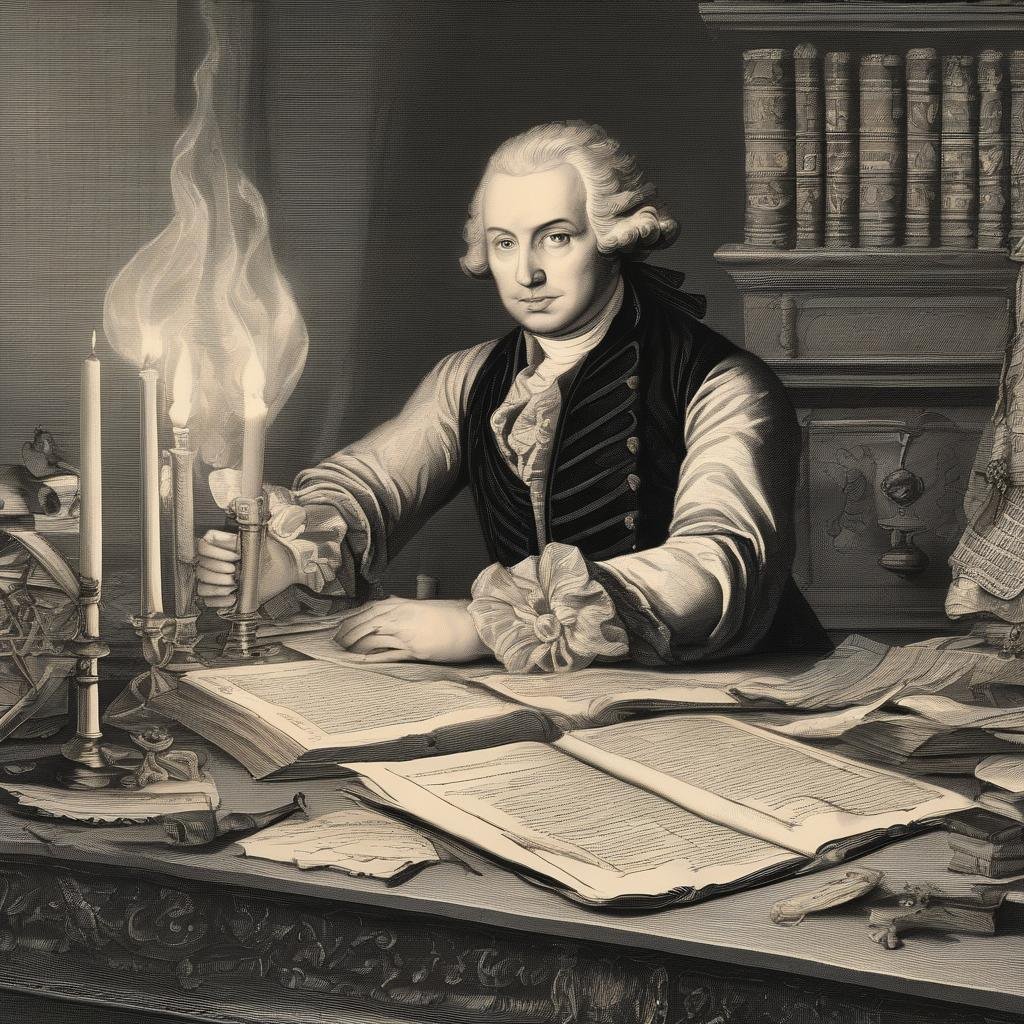
Origins of the Bavarian Illuminati: History & Founding
“`html
Origins of the Bavarian Illuminati: History & Founding
Introduction
The Bavarian Illuminati remains one of history’s most enigmatic secret societies, shrouded in myth and conspiracy. Founded on May 1, 1776, by Adam Weishaupt, a professor of canon law at the University of Ingolstadt, the Illuminati sought to promote Enlightenment ideals—reason, secularism, and intellectual freedom—in opposition to religious and political oppression. Though short-lived, the order’s influence rippled through Europe, leaving a legacy that still captivates historians and conspiracy theorists alike.
This article explores the origins of the Illuminati, its philosophical underpinnings, and its eventual suppression. We’ll delve into the Founding of the Order by Adam Weishaupt, examine the Timeline of Key Events, and analyze the Philosophical Influences that shaped its mission.
The Rise and Fall of the Illuminati
Founding of the Order by Adam Weishaupt
Adam Weishaupt, disillusioned with the Jesuit-dominated academic environment of Bavaria, envisioned a society that would challenge dogma and promote rational thought. On May 1, 1776, he established the “Order of Perfectibilists,” later known as the Illuminati. The group’s structure was hierarchical, borrowing elements from Freemasonry, with initiates progressing through tiers of enlightenment.
Key aspects of the Illuminati’s founding:
- Secretive Recruitment: Members were carefully selected from influential circles, including intellectuals, politicians, and nobles.
- Symbolism & Rituals: The order used classical and Masonic symbols, such as the Owl of Minerva, representing wisdom.
- Anti-Clerical Stance: Weishaupt sought to reduce the Catholic Church’s influence in Bavaria.
Timeline of Key Events
The Illuminati’s history is marked by rapid expansion and abrupt suppression. Below is a brief chronology:
- 1776: Founding in Ingolstadt, Bavaria.
- 1780: Baron Adolph von Knigge joins, expanding the order’s reach into Freemason circles.
- 1784: Bavarian government bans secret societies; Illuminati goes underground.
- 1785: Weishaupt exiled; order dissolves.
Despite its short existence, the Illuminati’s reputation grew posthumously, fueling speculation about its survival and influence in later revolutionary movements.
Philosophical Influences
The Illuminati drew from Enlightenment thinkers like Voltaire, Rousseau, and Locke, advocating for:
- Rationalism: Rejection of superstition in favor of empirical knowledge.
- Secularism: Separation of church and state.
- Egalitarianism: Opposition to aristocratic privilege.
Weishaupt’s vision was utopian—he believed an enlightened elite could guide society toward progress. However, internal disputes and external pressures led to the order’s collapse before it could realize these goals.
Conclusion
The Bavarian Illuminati, though active for less than a decade, left an indelible mark on history. Its blend of secrecy, Enlightenment ideals, and opposition to authority has inspired countless theories—from its alleged role in the French Revolution to modern conspiracy narratives. While the order itself disbanded, its legacy endures as a symbol of intellectual rebellion.
For further reading, explore the Founding of the Order, the Timeline of Events, or its Philosophical Roots.
Frequently Asked Questions
Q: Did the Illuminati really control world events?
A: No credible evidence supports this. The order disbanded in the 1780s, though myths persist.
Q: How is the Illuminati connected to Freemasonry?
A: The Illuminati briefly infiltrated Masonic lodges, but the two were distinct organizations.
Q: Are there modern Illuminati groups?
A: Some claim lineage, but none have proven ties to Weishaupt’s original order.
